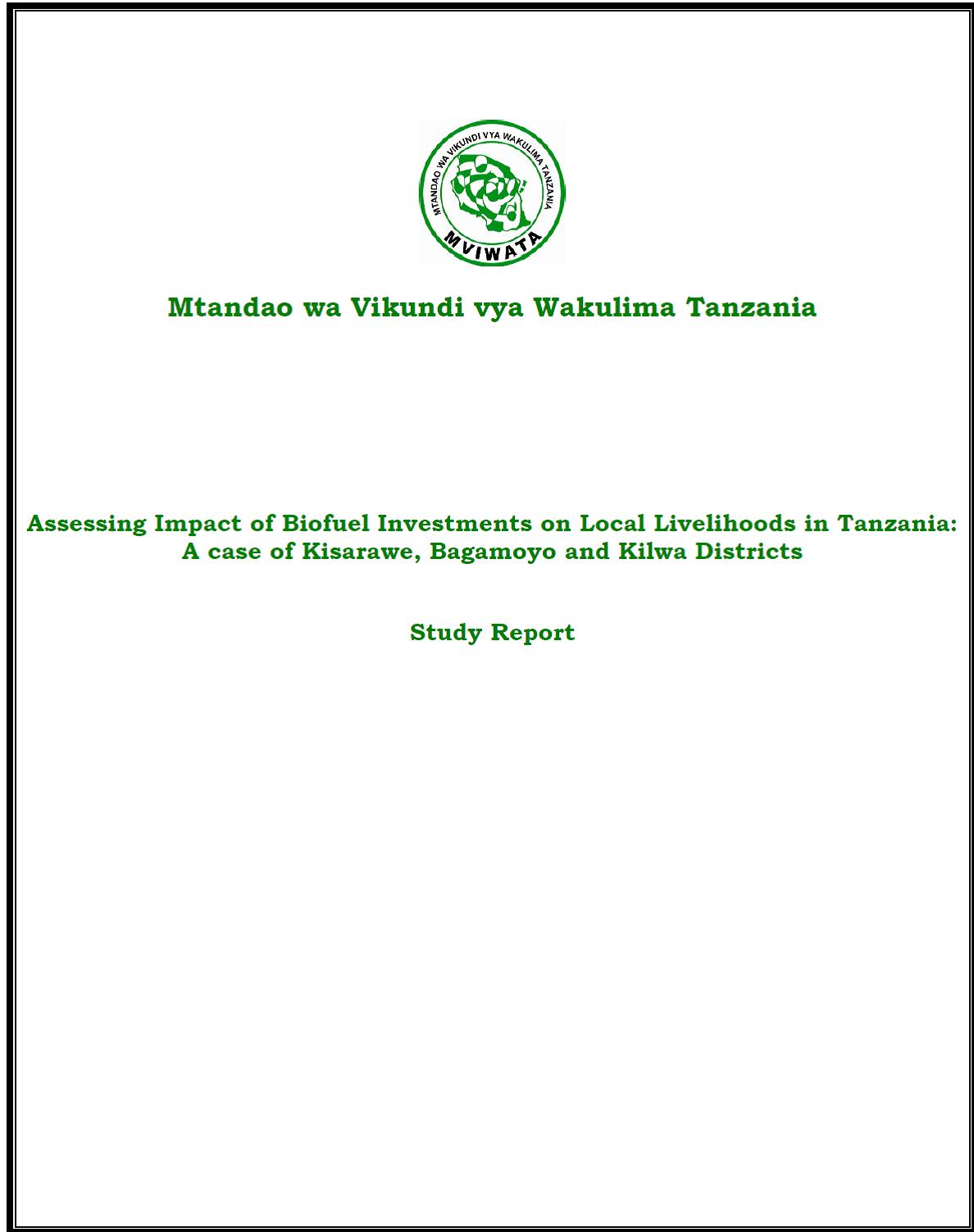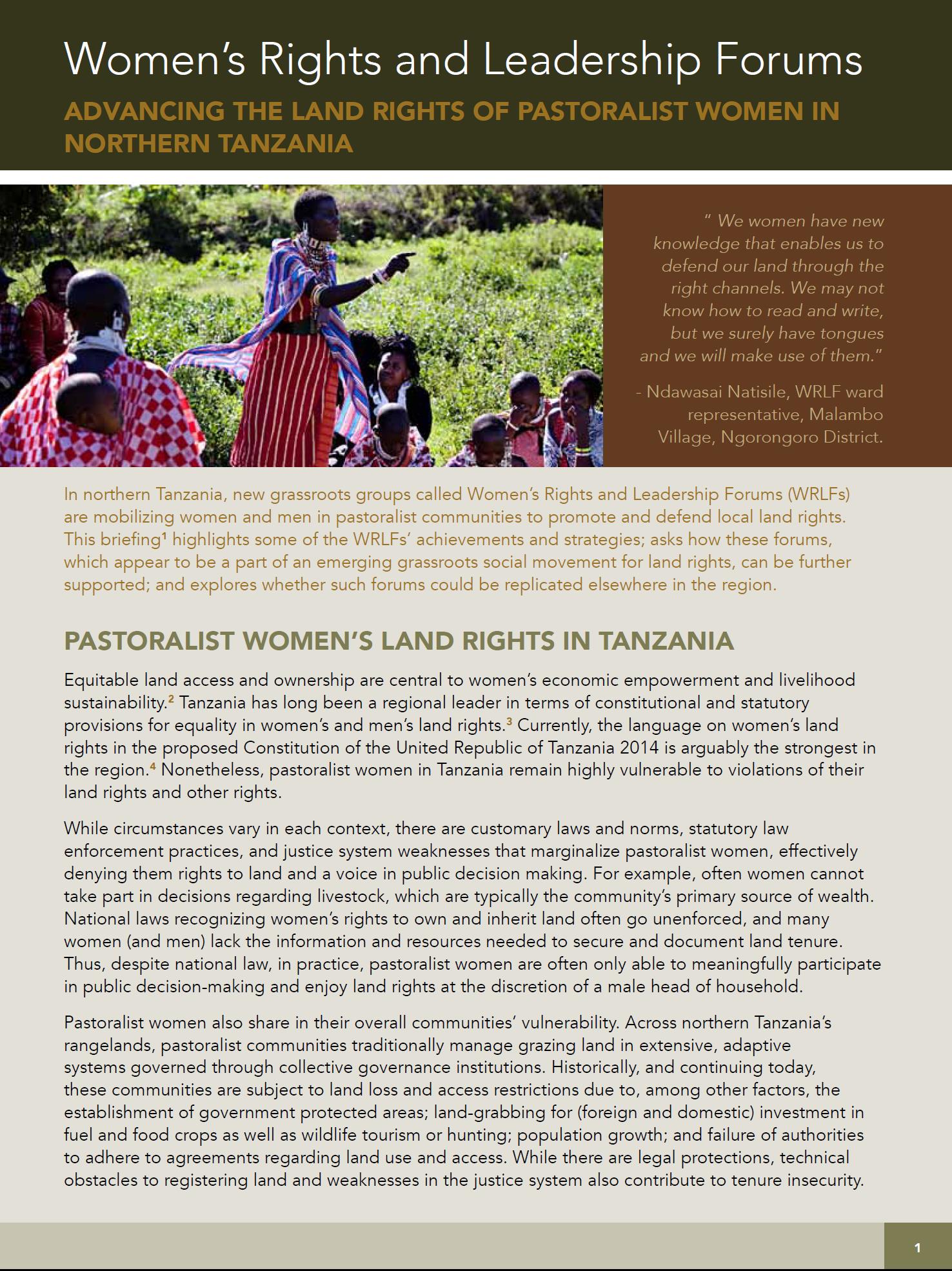Participation in Sustainable Forest Management : Linking Forests and People in Kenya
This forest policy note was prepared to
provide input to the ongoing forest sector reform in Kenya
on participation in sustainable forest management. It offers
recommendations on possible priority forest policy actions
within the forthcoming Natural Resource Management (NRM)
Project. The latter focuses enhancing the capacity of
Kenyans to manage the natural resource base and resources
available to poor and vulnerable communities. By outlining






